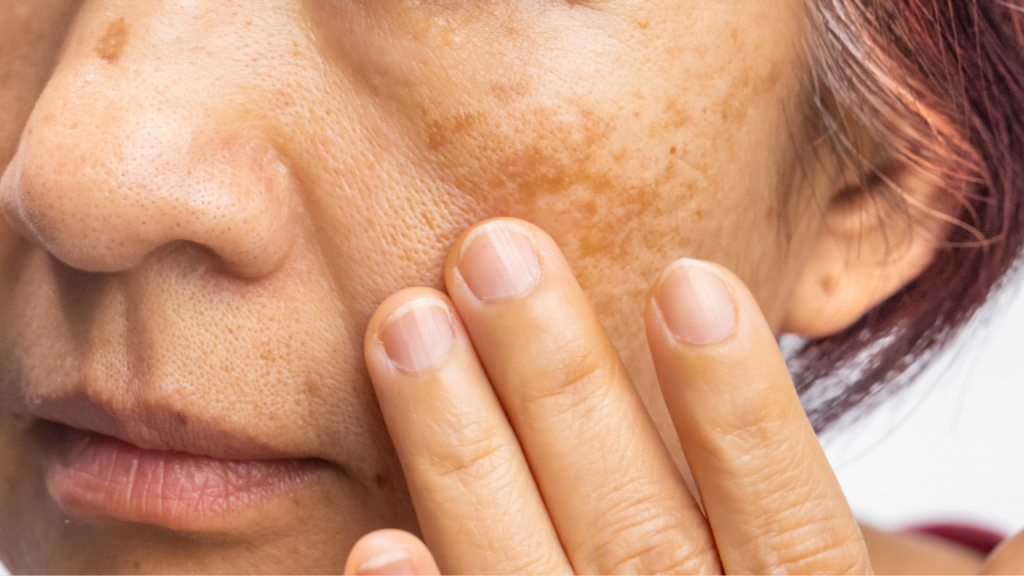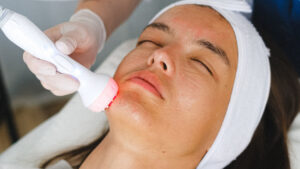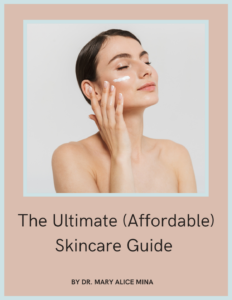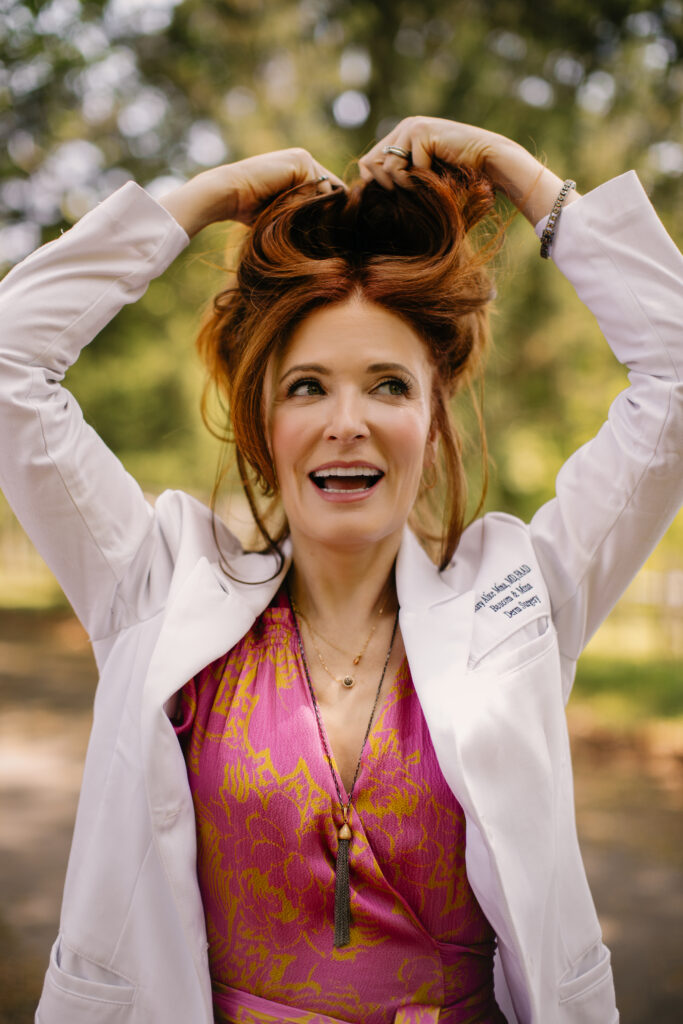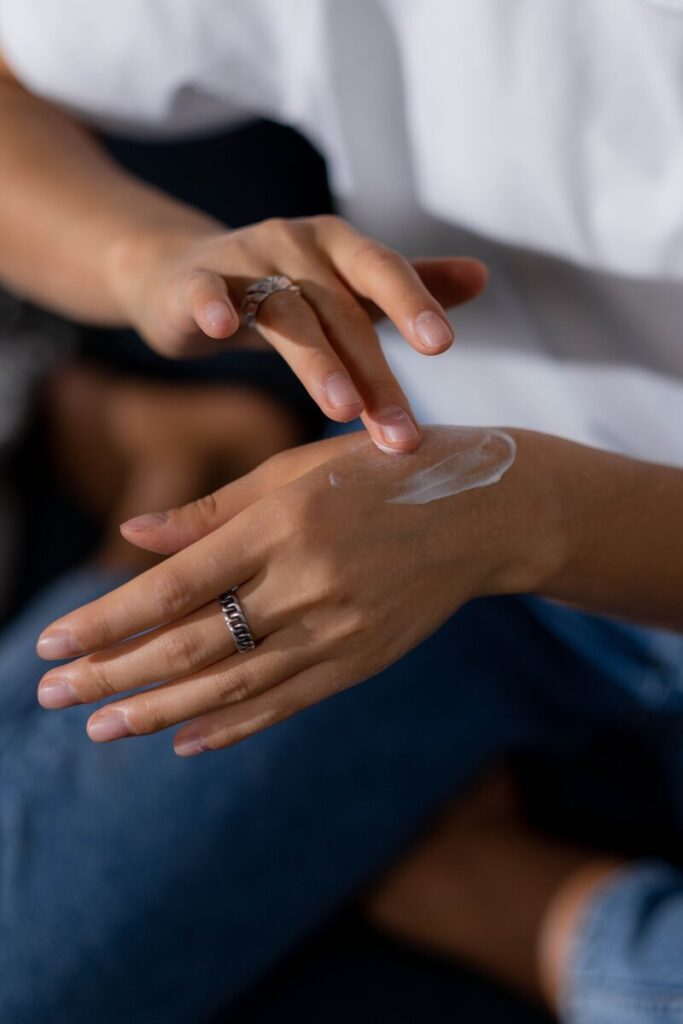Menopause, Hormones and Your Skin – What You Need to Know!
Let’s be honest: menopause doesn’t exactly sneak in. It arrives loudly, with hot flashes, mood swings, and skin changes that leave many women wondering what happened to the face they used to know. But here’s the good news: with the right information and a few strategic treatments, you can navigate these changes with confidence—and even glow through them.
The Hormone-Skin Connection
During perimenopause and menopause, estrogen levels decline, and androgens like testosterone become more dominant. Estrogen is essential for skin hydration, collagen production, and maintaining thickness and elasticity. When it drops, the skin often becomes thinner, drier, and more fragile. You may also notice:
- Increased dryness and sensitivity
- Fine lines and wrinkles that appear more pronounced
- Adult acne, especially around the jawline
- Thinning hair on the scalp and new hair growth on the face
- Loss of volume, especially around the cheeks and under the eyes
These changes can be frustrating, but they’re also completely normal—and treatable.
Hormone Replacement Therapy: A Skin Saver (Sometimes)
Hormone Replacement Therapy (HRT) is one option for managing the systemic symptoms of menopause, and it may offer some benefits for the skin. Estrogen replacement can improve hydration and skin thickness, and may even support collagen production. However, it’s not a guaranteed fix.
Some women experience breakouts or worsened oiliness when starting HRT, particularly if their regimen includes progesterone. If this happens, your dermatologist may recommend:
- Topical retinoids to improve cell turnover and reduce acne
- Spironolactone, an oral medication that blocks androgen effects on the skin
- Adjusting your HRT dosage or formula
The key is personalization—what works for one woman may not work for another.
Non-Hormonal Treatments That Work
If HRT isn’t an option (or simply doesn’t do enough), don’t worry. There are many skin rejuvenation treatments designed specifically to address hormonal aging.
1. Microneedling with PRP
Microneedling creates tiny injuries in the skin that stimulate collagen production. Add platelet-rich plasma (PRP), and you enhance healing and rejuvenation with growth factors from your own blood. This is ideal for improving skin texture, fine lines, and dullness.
2. Chemical Peels
Peels range from light to deep and can help exfoliate dead skin cells, fade hyperpigmentation, and improve skin tone and clarity. They’re also great for treating adult acne, which often flares up during menopause.
3. Laser Resurfacing
Erbium or CO2 lasers with fractional resurfacing capabilities are powerful tools for tightening skin, reducing wrinkles, and improving texture. They work by stimulating collagen and removing damaged skin layers.
4. Injectables (Botox and Fillers)
- Botox (Toxins) relaxe the muscles that cause dynamic wrinkles, especially around the eyes and forehead.
- Dermal fillers restore volume in areas like the cheeks, under-eyes, and nasolabial folds. This can help counteract the natural deflation that occurs with age.
5. Earlobe Rejuvenation
A lesser-known but impactful treatment—menopausal skin changes often affect the ears too. Earlobes can become thin and elongated, causing earrings to droop or fall out. Hyaluronic acid fillers can restore volume and shape to the earlobes, providing both aesthetic and functional improvement.
Don’t Overlook Your Skin Care Basics
Even if you never opt for an in-office procedure, solid skincare goes a long way in menopause. Here’s what to prioritize:
- Gentle Cleansing: Avoid harsh cleansers that strip the skin.
- Daily Moisturizing: Look for products with ceramides, hyaluronic acid, and niacinamide.
- Sunscreen: Every day, even if you’re mostly indoors.
- Retinoids: These vitamin A derivatives are gold-standard for collagen stimulation and acne prevention.
Nutritional and Lifestyle Support
Hormonal shifts affect the whole body, so your skin won’t thrive without internal support. Aim to:
- Stay hydrated (aim for 8+ glasses of water/day)
- Eat plenty of fiber, healthy fats, and antioxidant-rich fruits and vegetables
- Consider supplements like:
- Collagen peptides
- Vitamin D
- Zinc
- Magnesium
- Omega-3 fatty acids
These support skin, hair, mood, and sleep—which are all impacted during menopause.
You Don’t Have to Do It Alone
One of the biggest mistakes midlife women make? Thinking they have to figure it all out themselves. Partnering with a dermatologist who understands both the skin and hormonal influences is key.
Whether you’re noticing changes for the first time or have been dealing with them for years, know this: it’s never too late to care for your skin.
Menopause is a natural transition, not a disease. But it can still be frustrating—especially when your reflection doesn’t match how you feel inside. The good news? There are more tools than ever to help you look and feel your best.
From personalized skincare plans to innovative treatments like PRP and laser therapy, you don’t have to settle for less-than-radiant skin.
Because your skin deserves expert care—and so do you.

